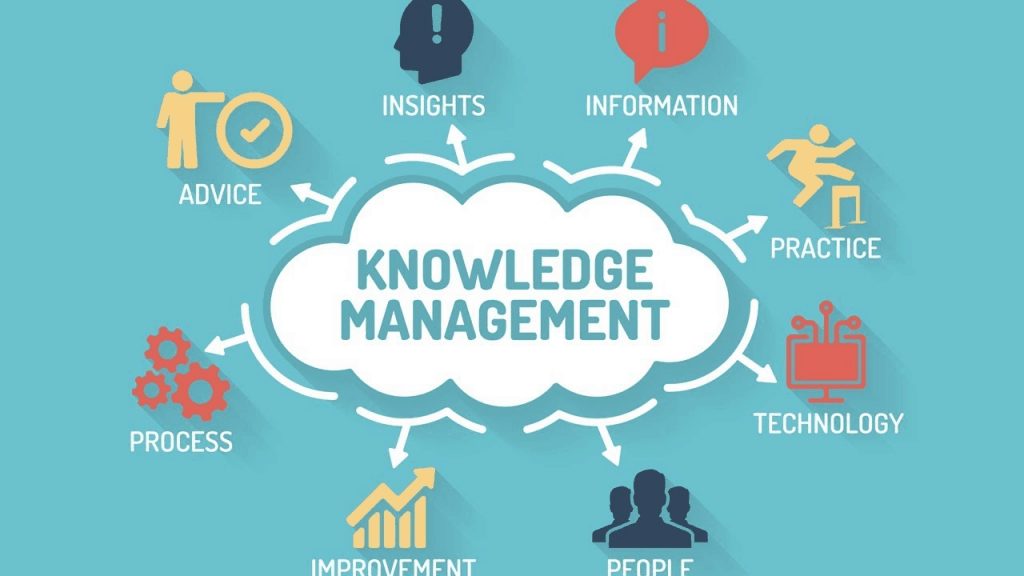
Contents
Knowledge Management Systems are now a ‘must have’ and not a ‘nice to have’
Knowledge management is something that any business operating in our data-driven world should be undertaking. It is widely accepted that knowledge management, when done properly, can provide organizations with a competitive advantage and add overall value, through improved employee efficiency.
Providing a basic starting point for measurement of growth and progress, knowledge management stops employees and other organizational key players from being inefficient through knowledge sharing, helps manage large volumes of valuable data and information, and helps client-orientated firms provide a better service.
Knowledge management helps organizations to:
- Promote collaboration within and between teams
- Quickly share tacit knowledge previously hidden from colleagues
- Increase employee productivity
- Quickly and easy find the content to help solve problems
- Make use of existing content as the KMS will do the hard work to find the nuggets of valuable information
Knowledge management requires a coming together of people, processes and technology, therefore it is almost always more efficient for organizations to utilize a knowledge management system (KMS) to automate the knowledge management process.
Benefits of Utilizing a Knowledge Management System
There are several key benefits associated with the adoption of a KMS for both your organization and your customers or clients.
1. Quickly and widely disseminate knowledge, information, and data
In organizations that collect and process a lot of knowledge, it is not always easy for employees to access, search, and use it. With a KMS in place alongside robust knowledge management solutions, information can easily be accessed and acted upon by employees, leading to optimized workflows and the sharing of information between teams.
2. Higher adoption of self-service activities
Self-service activities can efficiently and effectively solve a vast range of issues. Whilst this benefits your organization, the true value is the impression it will leave on your customers, clients, and stakeholders through simplified processes and a higher delivered value.
3. Faster, better, and more efficient delivery to customers
KMS provide your employees with additional knowledge by providing efficient tacit knowledge capture, giving them the opportunity to engage with your customers and clients on a wider range of issues. Not only does this help improve your organization’s reputation by impressing your customers and clients, but it increases employee productivity too.
For example, employees working in a ticket-based customer service environment can easily optimize their workflow with a KMS as they will spend less time searching for solutions and more time providing them.
The Above Are Just Three Examples…
… there are many, many more. Organizations are increasingly adopting KM platforms and benefitting hugely from their effective utilization alongside a proven knowledge management strategy.




